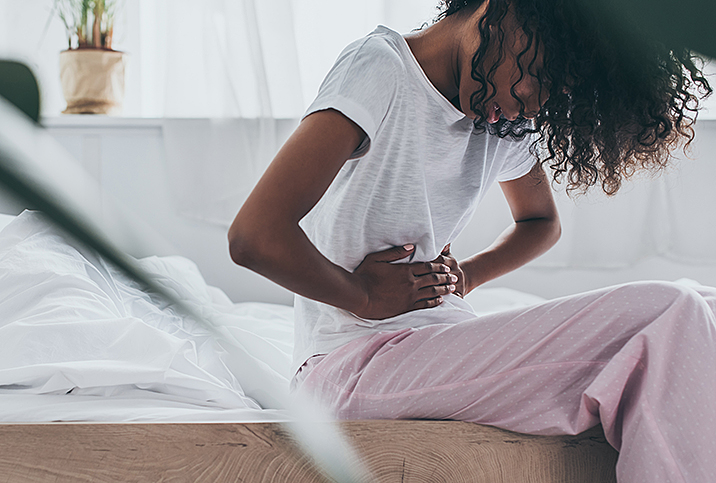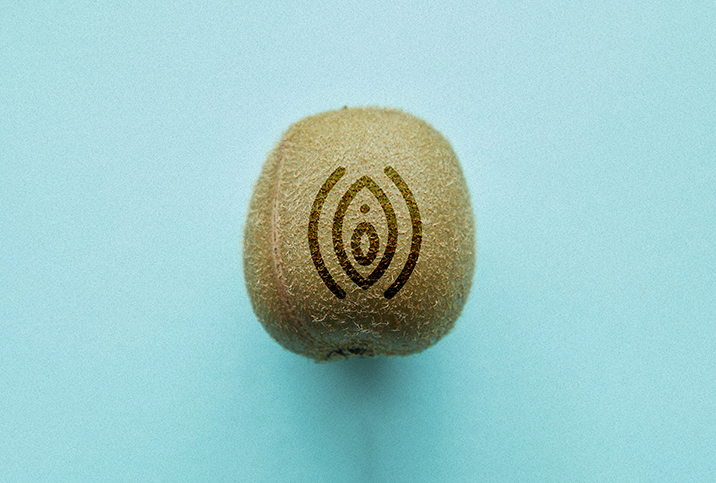Your Vulva Pain May be Vulvodynia

If you experience chronic vulva pain so excruciating the thought of sex makes your skin crawl, you may have vulvodynia. This chronic condition can sneak up on you, steal your sex life and take the pleasure out of daily living. Fortunately, understanding this condition can help you to better communicate your symptoms and find the right treatment plan.
What is vulvodynia?
Vulvodynia is pain specific to the vulva as a whole (also known as generalized vulvodynia) or pain to a specific location such as the vestibular tissue (folds of skin over the vaginal opening and urethra). With generalized vulvodynia, the pain can move from one location to another, be constant or come and go in flares. With localized vulvodynia, the pain is specific to one area and rarely shifts.
The pain of this condition is often described as burning, stinging or feeling irritated or chafed. It most commonly presents itself by age 25 but can appear at any age or as a complication of a chronic condition, trauma or injury to the pelvic region.
Causes and risks of vulvodynia
The specific causes of non-trauma-related vulvodynia are unknown, but it most commonly occurs in women with anxiety, depression, post-traumatic stress disorder (PTSD), fibromyalgia, irritable bowel syndrome (IBS) or interstitial cystitis.
One theory is that pelvic inflammation causes the pelvic muscles to spasm resulting in vulva pain. However, this condition can vary greatly from one woman to another, and the contributing conditions have a multitude of secondary complications, so more research is needed to understand the causes and risk factors.
Women who experience this chronic condition often have daily complications that impact their quality of life. For many women, intercourse is impossible, and the constant pain can make sitting for long periods excruciating.
The pain of this condition is often described as burning, stinging or feeling irritated or chafed.
These persistent complications can impact your workday and strain even the most resilient partnerships. Because the condition is not well understood, vulvodynia is often underestimated by partners, family and friends and, most importantly, the physicians treating this condition. The combined factors of female sexual dysfunction, chronic pain, secondary chronic conditions and feelings of being misunderstood can create a perpetual pattern of anxiety and depression that can further impact your daily life.
Treatment is possible
Just as the symptoms vary, treatment options depend on your specific symptoms and whether your pain is generalized or localized. When first diagnosed, your doctor will run a series of tests such as a pap smear, vaginal swabs, blood panel and pelvic exam to rule out any gynecological origin.
Your doctor will likely first recommend over-the-counter treatments and lifestyle changes such as limiting activities with vulva impact. For example, if you like to bike or horseback ride, your doctor will likely advise minimizing those activities or purchasing cushions for the bike seat or saddle to reduce impact on the vulva.
If your vulvodynia is a result of pelvic inflammation, as is the case for most women, your doctor will likely refer you to a physical therapist who specializes in pelvic dysfunction. They will treat the pelvic muscle spasms common in patients with vulvodynia. Another common intervention is the use of a donut or seat cushion to relieve pressure on the vulva for individuals whose work requires extended sitting.
Another common option is numbing topical treatments that can temporarily decrease or stop the pain, so patients can return to their usual daily activities including intercourse. In the most extreme cases, doctors will recommend surgical intervention to remove the tissue and nerves at the source of the pain, but this is typically a last resort.
Communicate with your doctor
As with any chronic condition, you must be open with your doctor about the location, severity and duration of the pain. All of these factors, including other conditions for which you receive treatment, can impact your doctor’s ability to effectively treat your vulvodynia. Communicate openly with your doctor so you can minimize the effects of vulvodynia on your daily life.


















